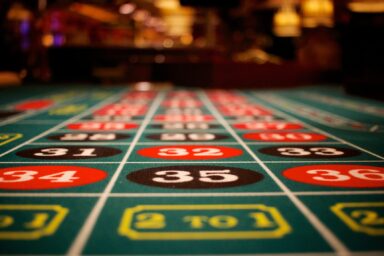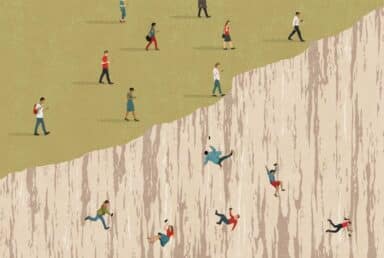

This therapist directory is offered in partnership with BetterHelp. If you sign up for therapy after clicking through from this site, HelpGuide will earn a commission. This helps us continue our nonprofit mission and continue to be there as a free mental health resource for everyone.
Need to talk to someone now? Find a crisis helpline
If you're a BetterHelp therapist with questions about your directory listing, please contact therapists@betterhelp.com
When you’re stuck in the cycle of addiction, recovery can seem out of reach. But no matter how powerless you feel, change is possible with the right treatment, coping strategies, and support. Don’t give up, even if you’ve tried and failed before.
View FAQs







Coping with addiction and a mental health problem
